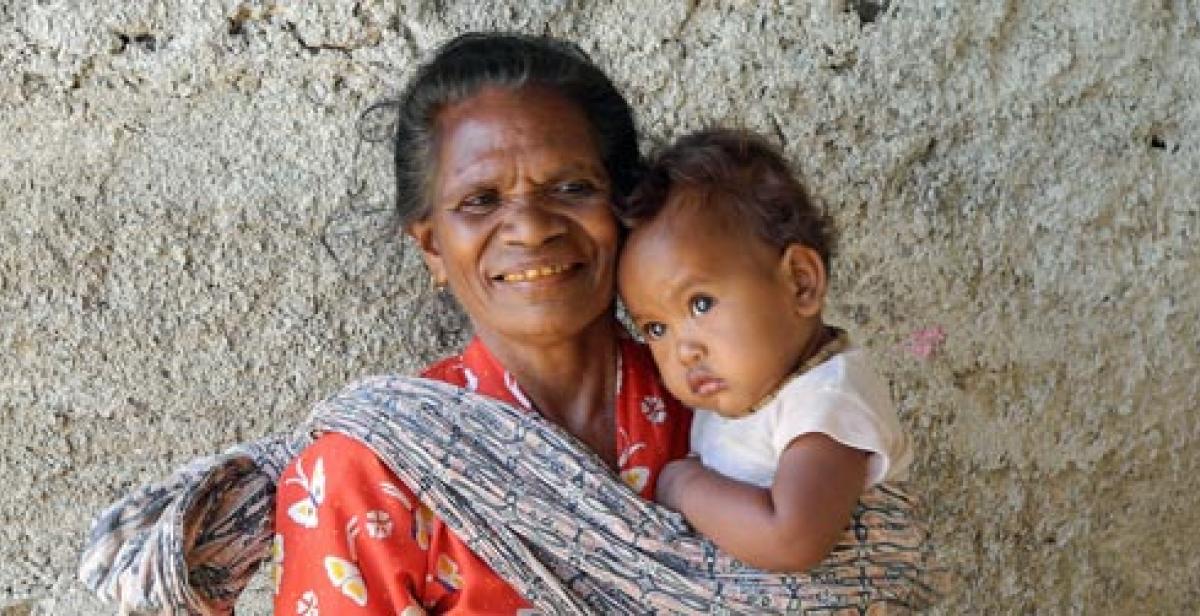In September 2012 two trips departed from London to two very different Progressio country offices. After being shortlisted in the Guardian’s International Development Journalism competition, Charlotte Maugham and Rob Trask were given the challenge of going to visit our partners and other organisations to write about important issues in developing countries.
Tough subjects
Charlotte travelled to Timor-Leste to write about women’s rights and the role women play in development, whilst Rob went to Malawi to write about how faith communities and faith leaders can help respond to HIV.
The feature Charlotte wrote about her time in Timor was published on Monday 26 November in a special supplement in the Guardian with Rob’s appearing in the Guardian two days later. Both are also available to read online.
Faith and HIV
Rob’s article Religion spreads the word, on the important role faith communities can play in helping to educate people about HIV in Malawi, looked in particular at the work of Progressio partner organisation MANERELA+ (the Malawi network of religious leaders living with or personally affected by HIV and AIDS). Rob reported that, “This progressive group engages leaders from different religions to develop a multi-faith response in the fight against HIV.”
Workshops run by members of MANERELA+ have helped to educate religious leaders who are very influential within their communities. Rob realised how crucial this can be, saying, “Faith, and the role it can play in reducing the spread of HIV, as well as supporting those people living with HIV, is very important in a country such as Malawi.”
At the awards evening in November Rob admitted the trip to Malawi had been a big eye-opener and that he had really fallen for the country and its people. Rob's article is a telling account of the progress being made in Malawi and the response to HIV by religious leaders and lay-people alike. Whilst in Malawi Rob also wrote some fantastic blogs, about the people he met and places he visited.
Resilient women
Despite having travelled extensively before, Charlotte admitted that, “Timor-Leste was very different, very unique.” Her feature, entitled Timor-Leste: Resolve of a fragile nation, focuses on the challenges women there face every day - especially those suffering domestic abuse.
In the northern Timorese town of Baucau, Charlotte met Domingas Tilman who runs a safe-house for victims of domestic abuse. Domingas experienced domestic abuse as a child, seeing her father behave violently towards her mother, so the cause she is fighting, for improved enforcement of the law prohibiting domestic violence and a change in culture and attitude, is as much a personal one as a political one.
“Their bravery is not only in fleeing their abusive husbands, but in risking the rage of their extended families,” Domingas said of the women who turn up at her safe-house. “Even their own parents will often disown them for bringing shame on the family. Everyone knows this violence goes on, but nobody talks about it – and that's where we come in."
Another woman featured in Charlotte’s article is Rosa Dos Santos, 63, from the hillside village of Estada who told Charlotte that "I always knew that one day we would be free [from Indonesian rule]. And now that we have proved we can govern ourselves, I know that things must start to improve."
Charlotte adds that “Nowhere is this determination more apparent than in the growing number of Timorese women pioneering the push for progress.”
Overall Charlotte’s article provides an insightful snapshot of the lives of ordinary women doing amazing things whilst living in exciting but uncertain times in Timor-Leste.
Well done
Congratulations to both Rob and Charlotte on producing excellent articles and presenting the voices of poorer people, too often overlooked, to a wider audience.
Photo shows Rosa Dos Santos, 63 (who features in Charlotte's article), with her grandchild in Estada, Timor-Leste. (Photo © Lucy Jenkinson/Progressio)



